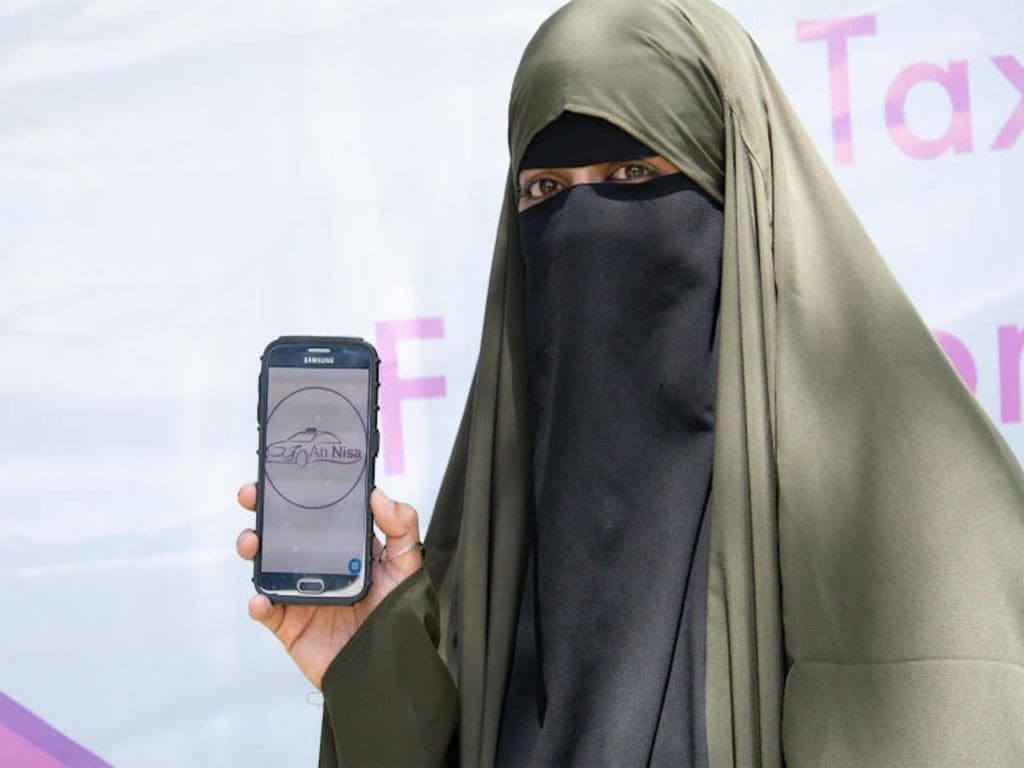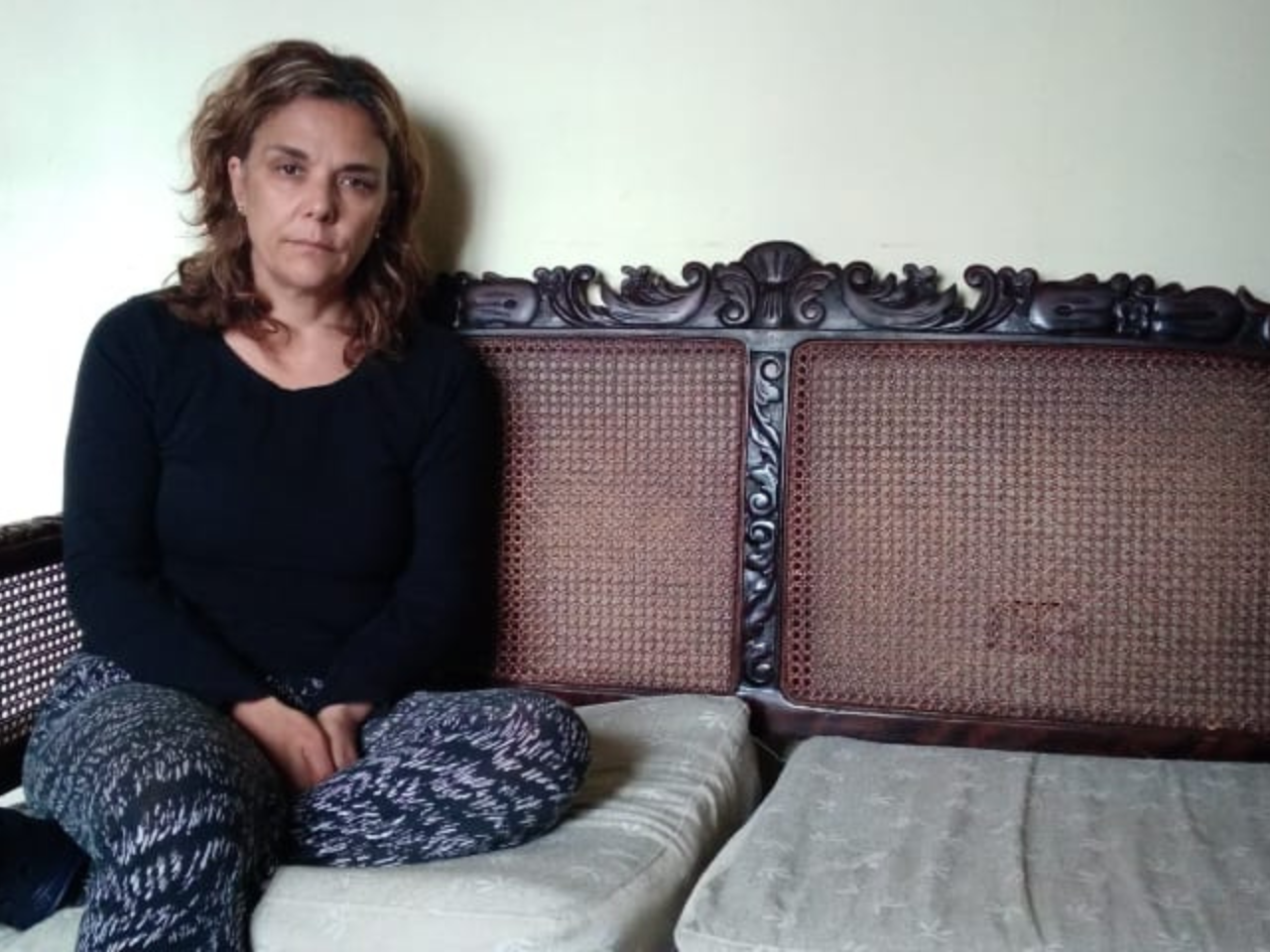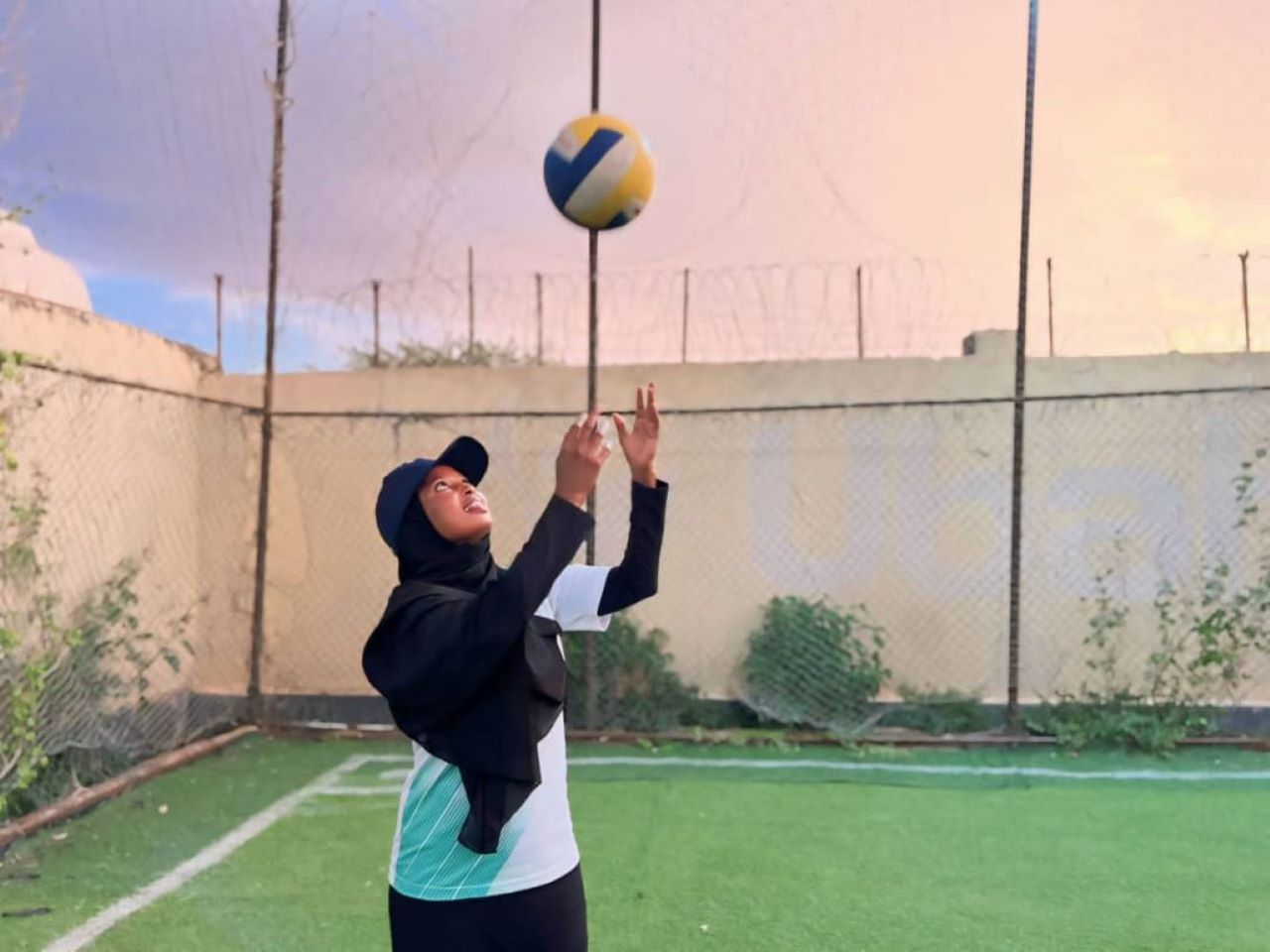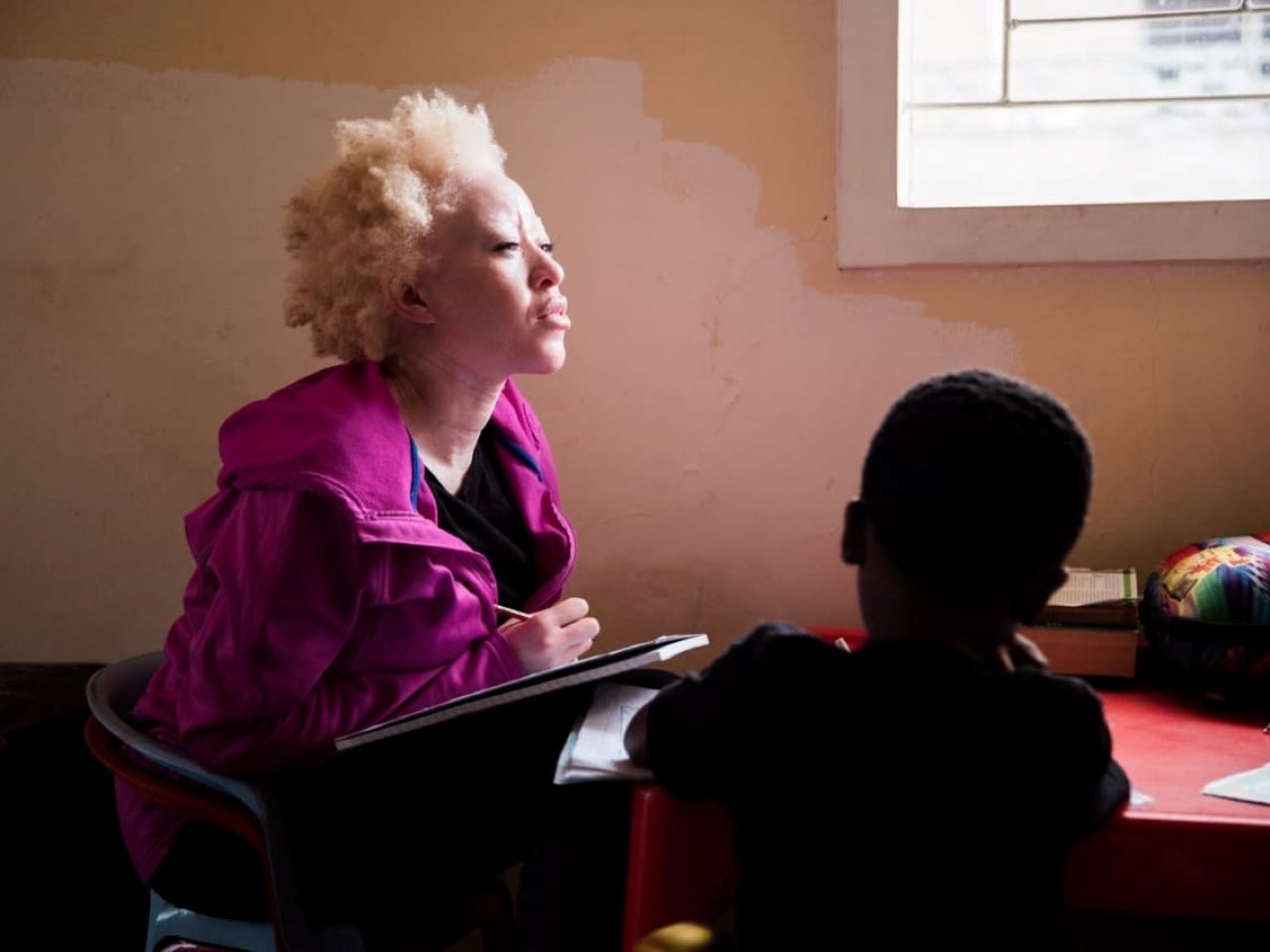Taxis for women by women a key to safety in Kenya
I was always uncomfortable being in a car with someone I didn’t know, especially if it was a male. I was always in search of a female driver.
- 5 years ago
August 6, 2021
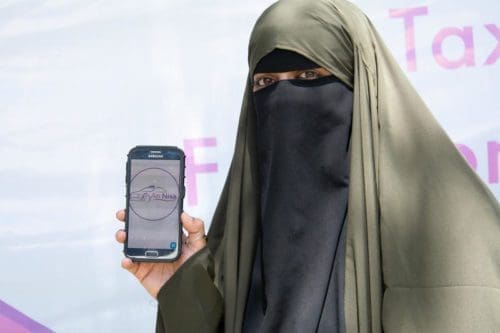
NAIROBI, Kenya — As a woman in Kenya, every time I called a taxi, I was uncomfortable. I was scared to be in a car with someone I didn’t know, especially if it was a male driver.
I always searched for a female driver and, over time, I realized this was a challenge faced by many women.
Moving from one place to another in Kenya’s city capital is like an extreme sport. If you are using public transportation, you have to be keen and watch out for groping fingers.
Sometimes drivers will hurl insults when you ask for your change back after paying for the fare.
You would think private cabs services are the safest solution, but as a woman getting into a cab with a male driver, who is a stranger, in the middle of the night, is a risk at best.
In Nairobi alone, cases of sexual harassment, kidnapping, and rape have been on the rise due to national insecurity.
My experiences and discomfort motivated me to start a taxi business. As a Muslim woman, I live in fear and I wanted to be driven by another woman, which is rare to find in Nairobi.
A search for safety leads to an innovative business
All considered, I saw a gap that needed to be filled. I decided to take a leap of faith and offer a transportation solution for women and vulnerable groups like children.
I took $10,000 from my previous business, which was a restaurant, added contributions from family, and launched a taxi company. In September 2019, I dubbed my taxi app An-Nisa which means “women” in Arabic.
I quickly realized the gap was bigger than I thought because, in the first week of service, I registered 100 women drivers and there were a thousand downloads of the app.
As I started this taxi business, my aim was to empower women cab drivers. The firm would only take a 10 per cent cut from each trip.
A majority of women feel much safer and more comfortable when driven by a fellow female.
Shrinking the gender gap in employment
The vision of this business is to change the narrative of having a low number of women in the employment sector.
As a female-owned company, I believe An-Nisa will go a long way in narrowing the gender gap by making women self-employed.
It is a source of empowerment for these women, who are mostly single mothers. It also creates a safer option for women who are not comfortable being driven by men, for religious reasons or for safety concerns.
Some people say our business may be discriminatory, as it only involves women and children.
However, I think it is not an issue of discrimination, but having women receive a share of the male-dominated taxi business.
While An-Nisa does offer a solution for transportation safety, the challenges that come with the business are alive and well.
Most customers first saw this as a hustle, but due to the safety and reliability we have offered over time, those customers stuck with us.
Muslim woman entrepreneur breaking boundaries
Being a female entrepreneur is not an easy venture and our businesses generally are not taken seriously. There are a lot of stereotypes in our society concerning women.
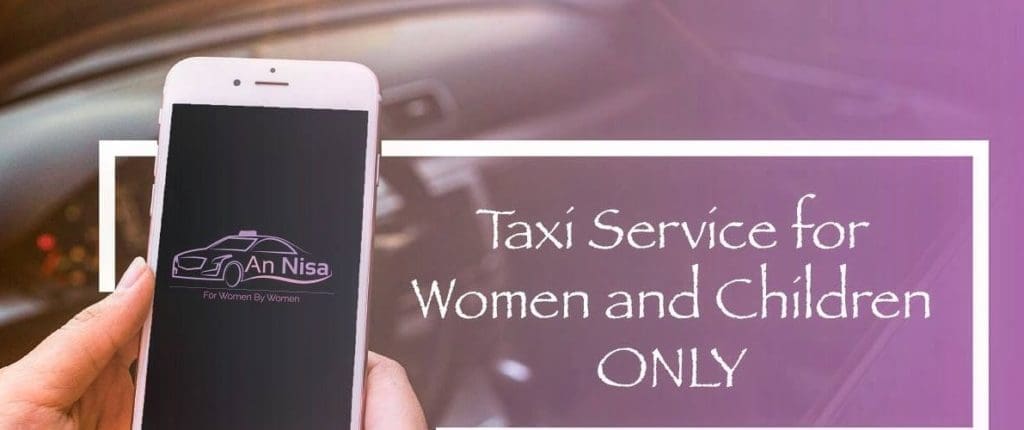
A few months into our business, we experienced technical challenges as the app became unstable. Now we work on a manual basis. In the digital era, this is a challenge. The customer is forced to call us so that we can connect her to the driver.
Then comes the setback of being a Muslim woman. I want to prove to people that, despite your religion or gender, you can achieve things and bring change to society.
In a world where peace of mind is not guaranteed, when you go about your business, take your kids to school, or head home after a night out, the An-Nisa taxi app brings safety and sanity to the transportation sector.

